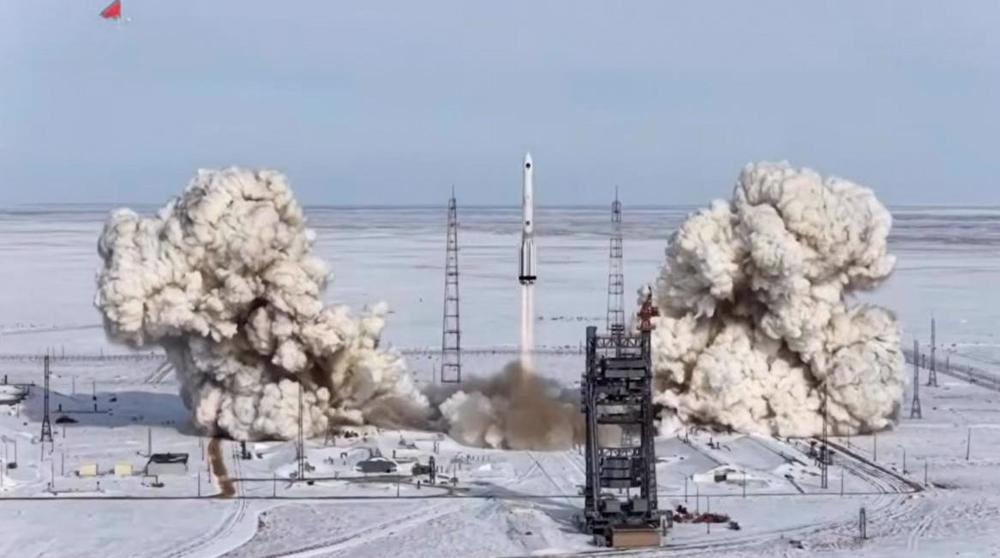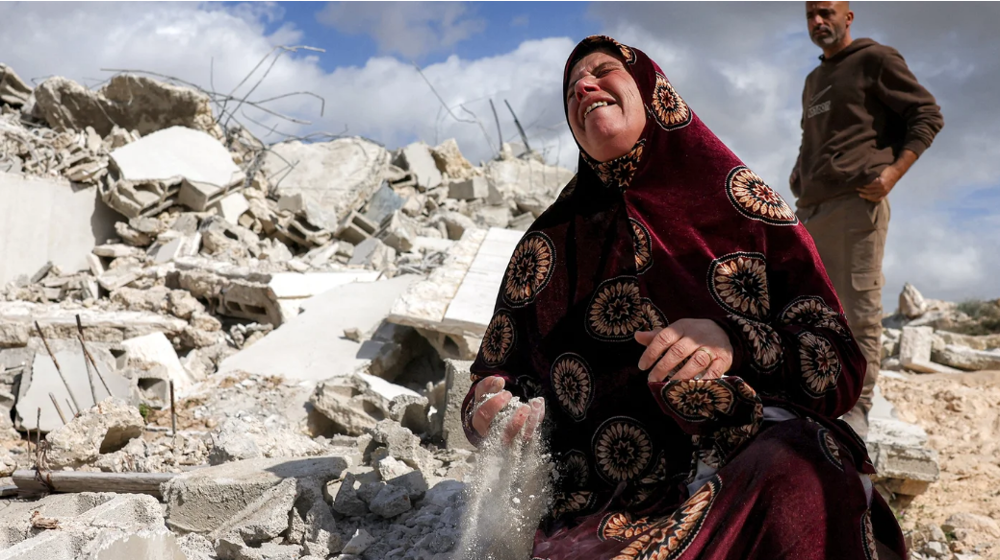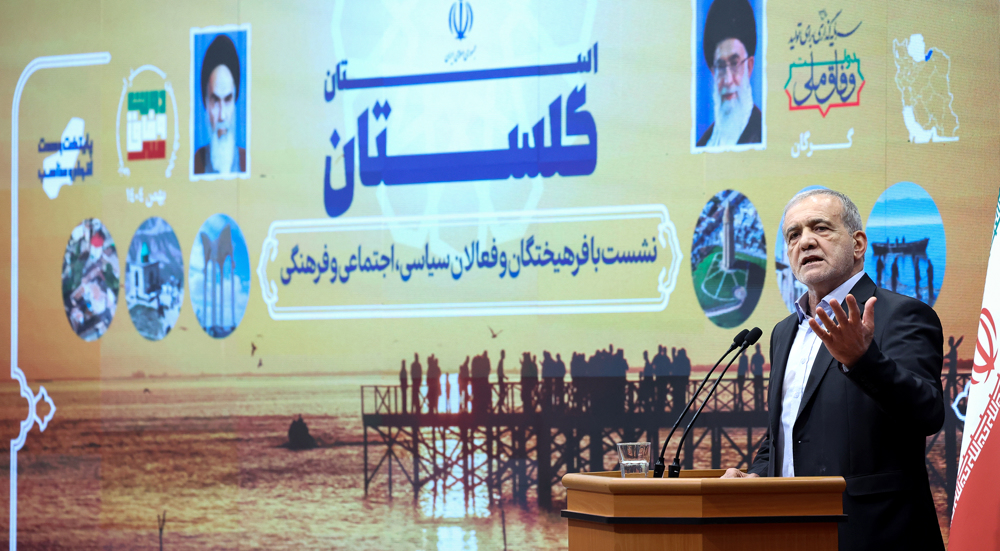US, three allies urge UN meeting on Iran missile tests
The United States and some of its European allies have reportedly called for a meeting at the United Nations Security Council (UNSC) on Iran’s recent missile tests, which they claim were carried out in defiance of a UN resolution.
According to a letter reportedly obtained by Western news outlets on Tuesday, the US, Britain, France, and Germany have asked UN Secretary General Ban Ki-moon and Spain’s UN Ambassador Roman Oyarzun Marchesi for discussions on an “appropriate response” by the UNSC to Iran’s missile tests.
The four countries claimed that the missiles used in Iran’s recent tests were “inherently capable of delivering nuclear weapons” and were “inconsistent with” and “in defiance of” UNSC Resolution 2231 (2015), adopted last July to endorse a nuclear agreement between Iran and the P5+1 group of countries.
Spain has been assigned the task of coordinating UNSC discussions on Resolution 2231.
The claim comes even as Resolution 2231 does not prohibit Iran from testing missiles, and only “calls upon” the Islamic Republic to refrain from developing missiles “designed to be capable of” carrying nuclear warheads. Iran has made clear that it does not seek to build nuclear warheads to be carried on missiles and has put its atomic activities under unprecedented, enhanced international supervision under the nuclear deal with the P5+1.
On March 9, Iran’s Islamic Revolution Guards Corps (IRGC) successfully test-fired two ballistic missiles as part of measures to assess IRGC capabilities. The missiles, dubbed Qadr-H and Qadr-F, were fired during large-scale drills code-named Eqtedar-e-Velayat.
Iran fired another ballistic missile dubbed Qiam from silo-based launchers in different locations across the country on March 8.
A similar US-led bid against the Iranian missile tests failed in March, as other diplomats in a closed-door UNSC meeting on Iran back then made it clear that Resolution 2231 did not prohibit Iranian missile tests and thus a response was not warranted to such tests.
Russian Ambassador Vitaly Churkin reiterated that, in the view of veto-wielding Russia, Iran’s ballistic missile tests did not violate Resolution 2231.
In the new letter, the four countries refrained from using the term “violation,” saying instead that the Iranian missile tests were “in defiance of” the resolution. However carefully-worded, it is not clear what kind of legal action the four countries would want to be taken against Iran, as the Islamic Republic says it has not violated its commitments.
Resolution 2231 (2015), which endorses the Joint Comprehensive Plan of Action (JCPOA) — the Iran-P5+1 agreement — provides for the termination of the provisions of previous Security Council resolutions over the Iranian nuclear program.
Iran argues its missiles are defensive and designed to carry conventional explosives only.
Earlier this month, Iran’s Foreign Minister Mohammad Javad Zarif said the missiles are a means of defense. “We spent a fraction of any other country in the region on defense, and missiles are a means of defense that we require,” he said.
Tehran insists that given the deepening insecurity in the region and the fact that many countries are spending hefty sums on arms purchases, it needs to boost its defensive missile program.
The US, Britain, France, and Germany were, along with China and Russia, members of the P5+1. Iran and the six other countries started implementing the deal on January 16.
Whistleblowers: CPJ scrapped 'impunity index' to shield Israel
Trump creating conditions that may lead to 'good deal' with Iran: Netanyahu
VIDEO | Netanyahu fails to dissuade Trump from Iran talks
Iran puts ‘Jam‑e Jam 1’ into orbit in milestone for national broadcasting
‘Colonial eradication of Palestine’: Iran condemns Israel’s West Bank annexation push
Thousands block Melbourne as Israeli president ends contentious Australia visit
Nearly 800 Lufthansa flights cancelled as pilots, cabin crew strike
Pezeshkian: US, Israel exploit Iran’s challenges without genuine concern















 This makes it easy to access the Press TV website
This makes it easy to access the Press TV website